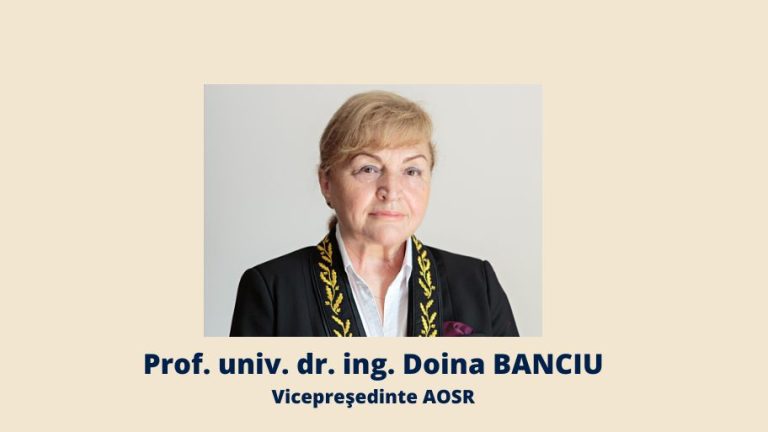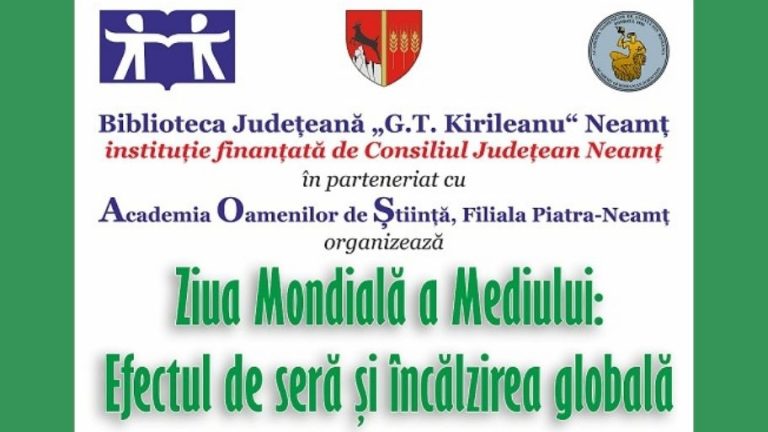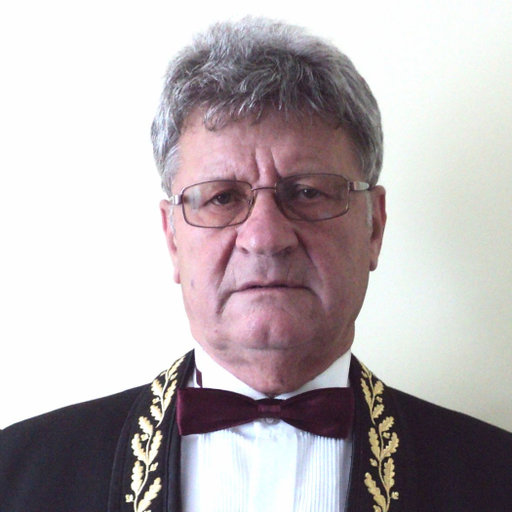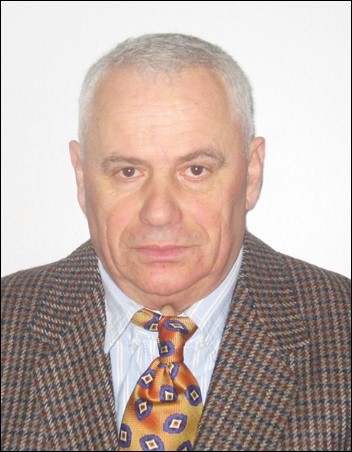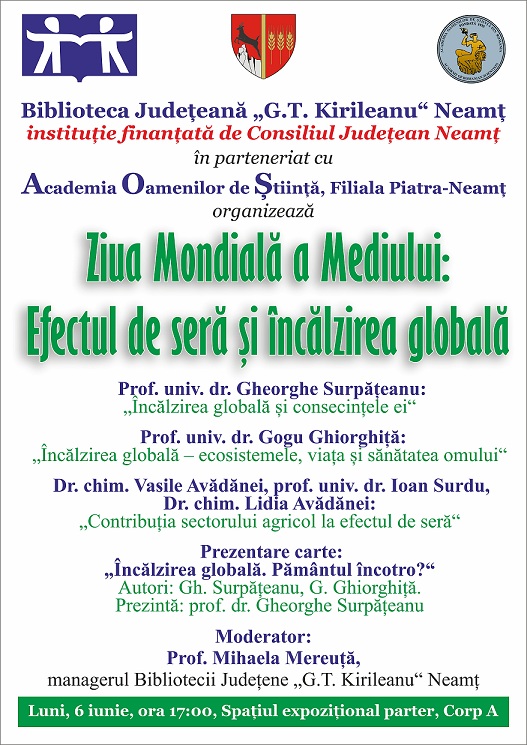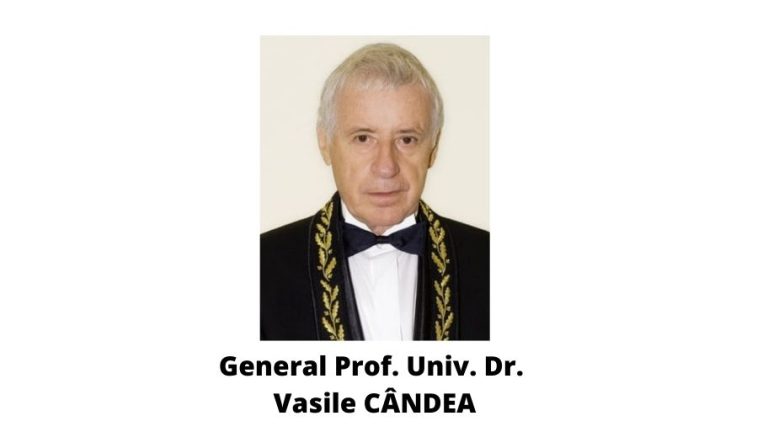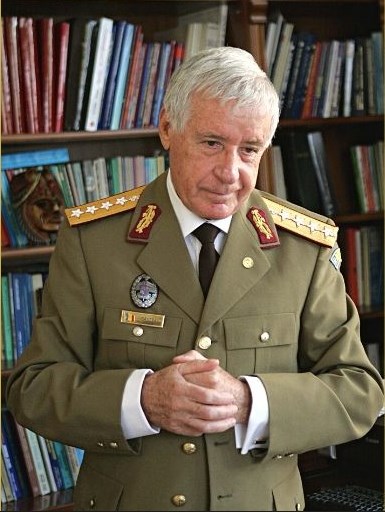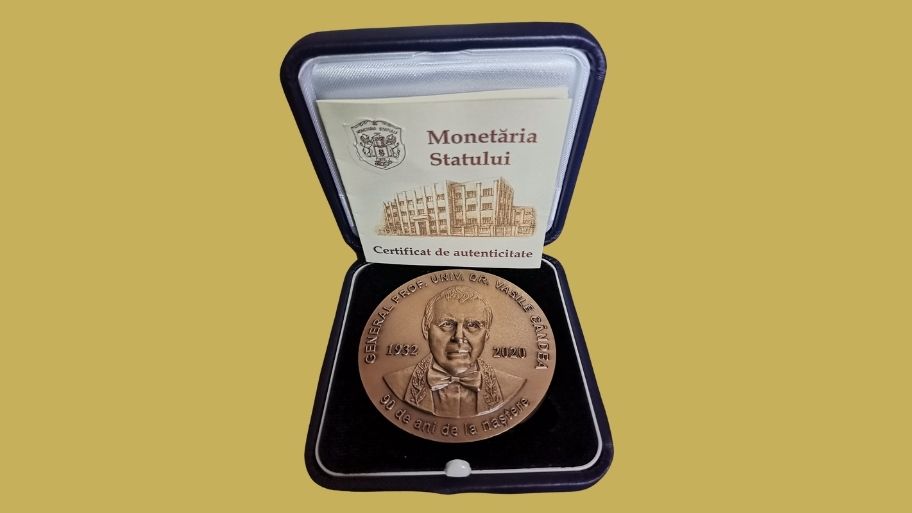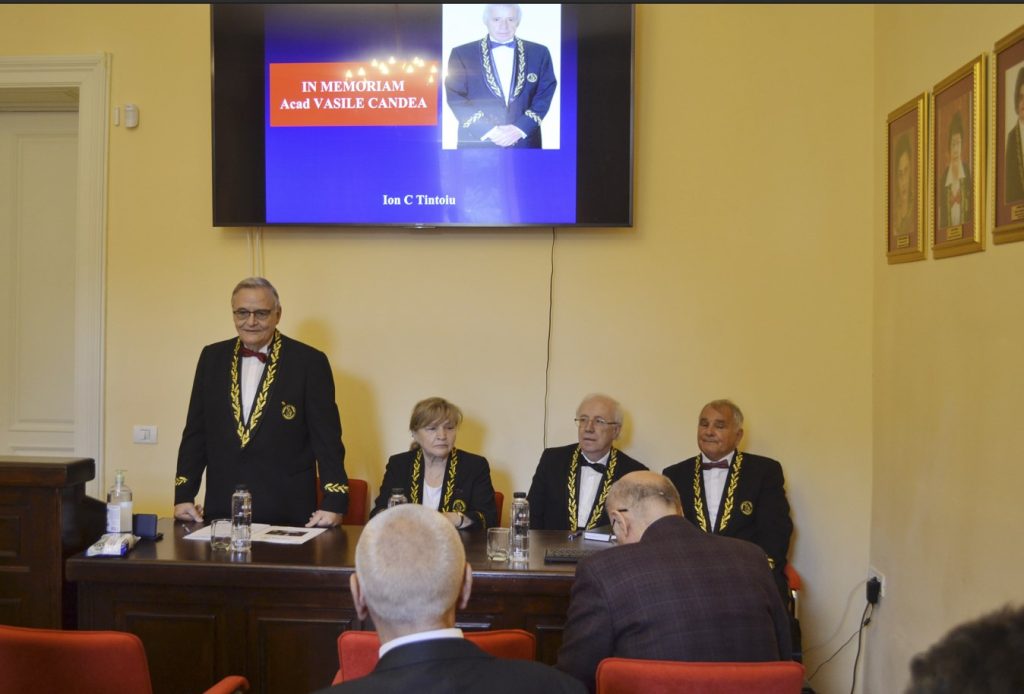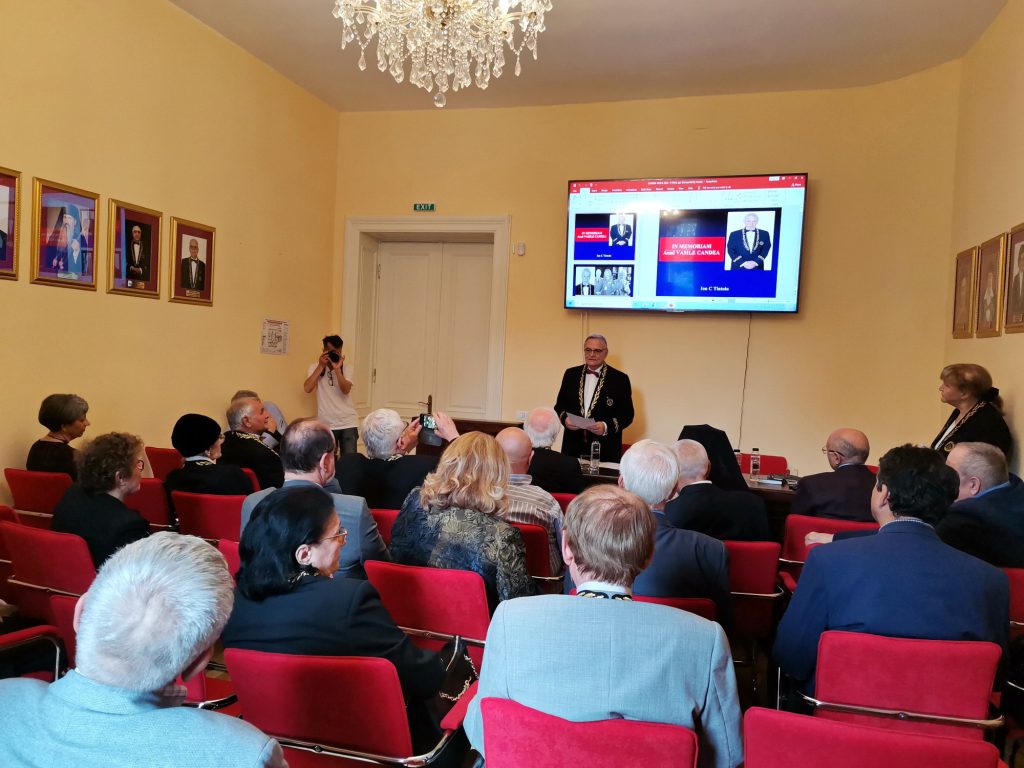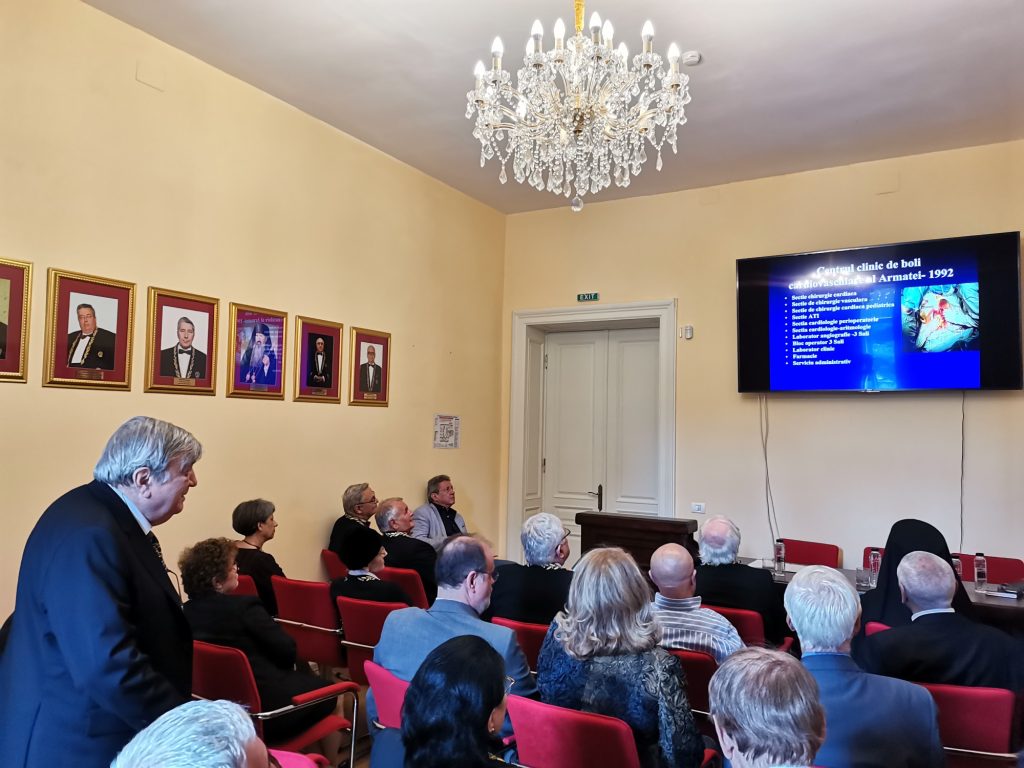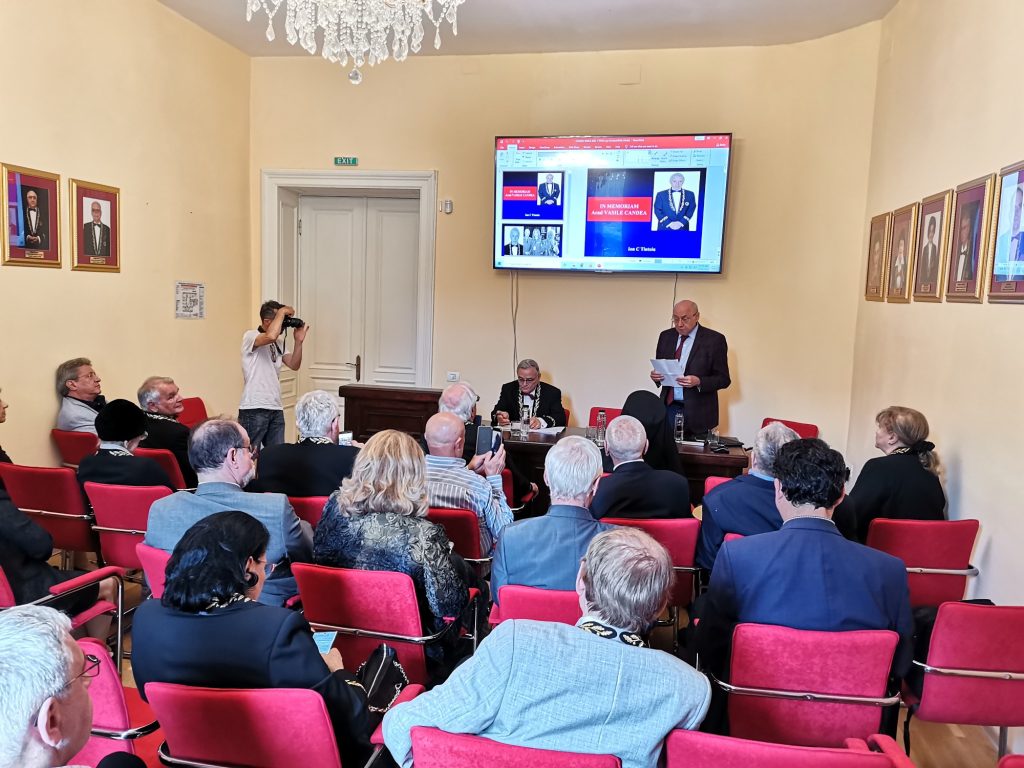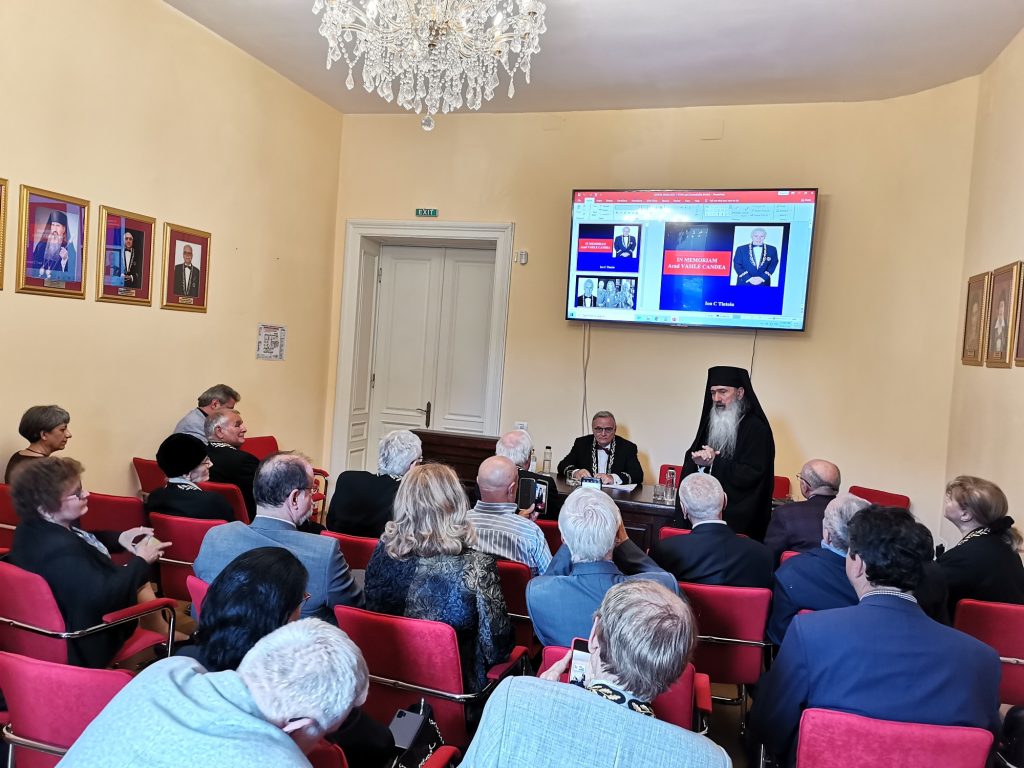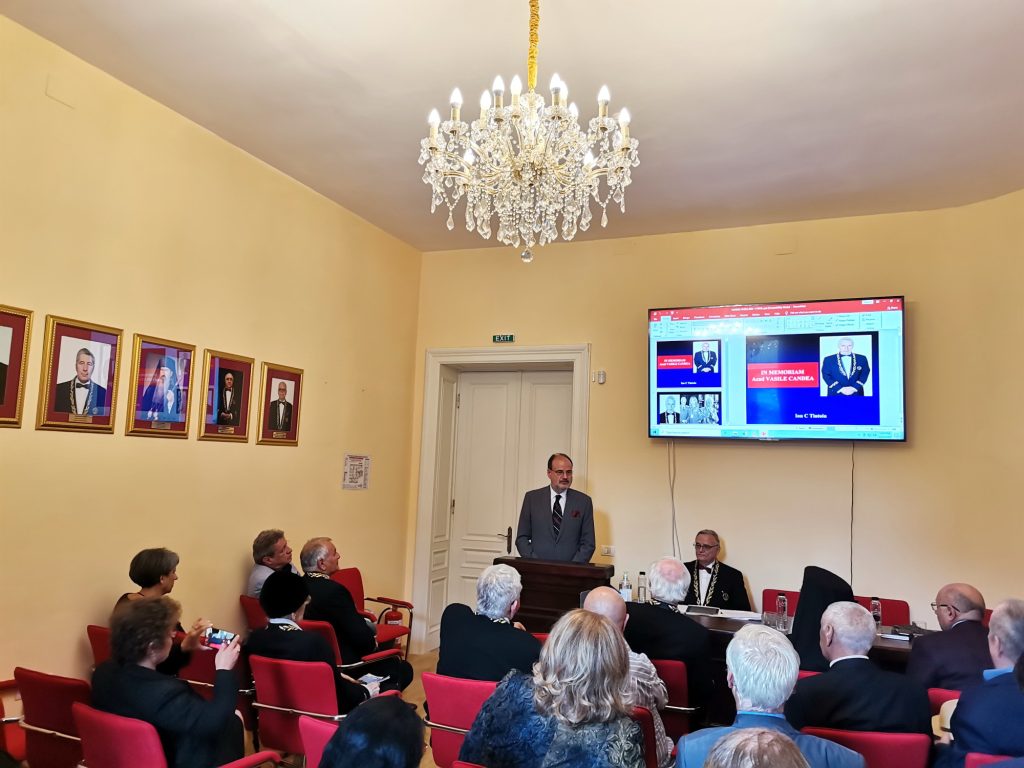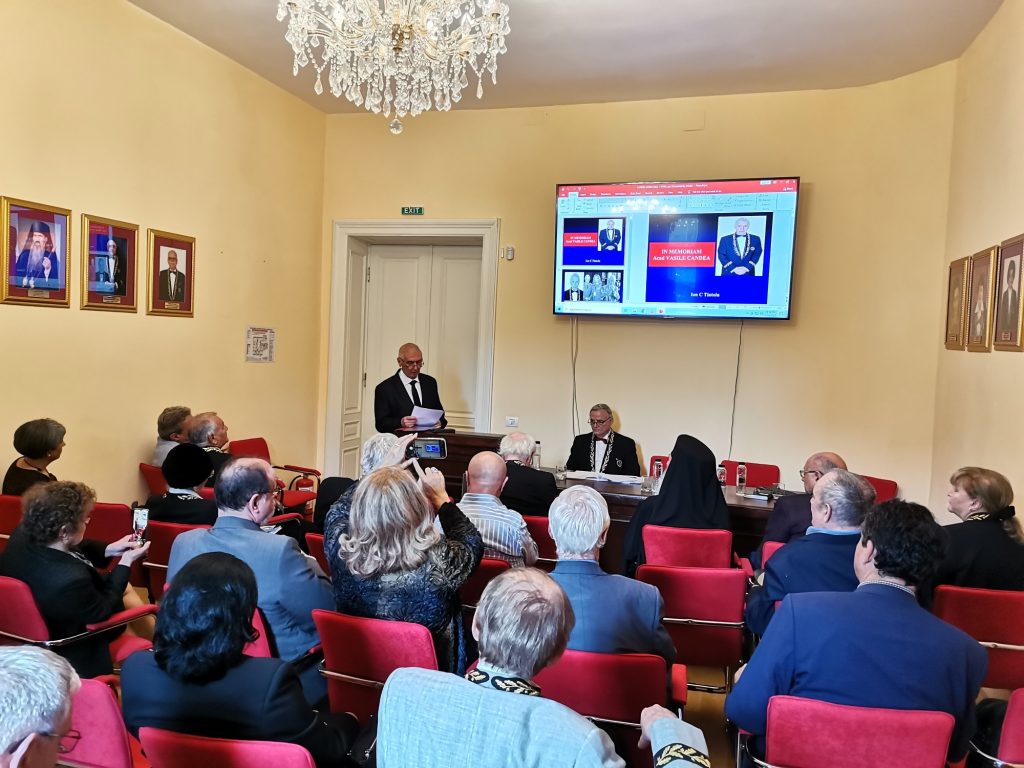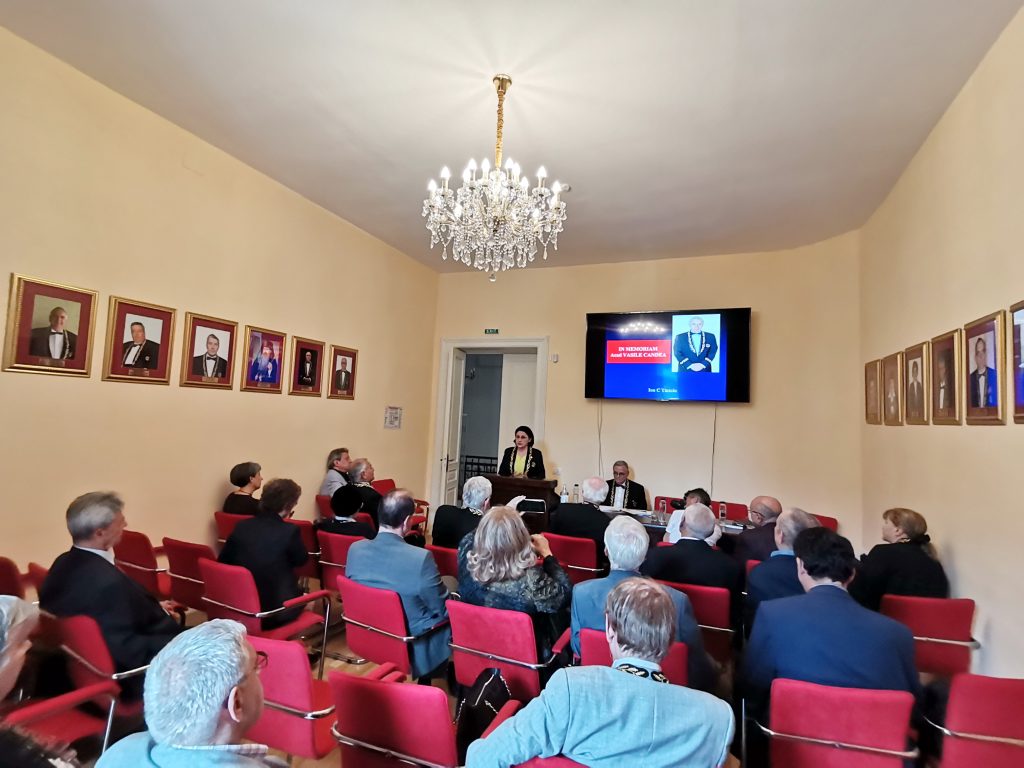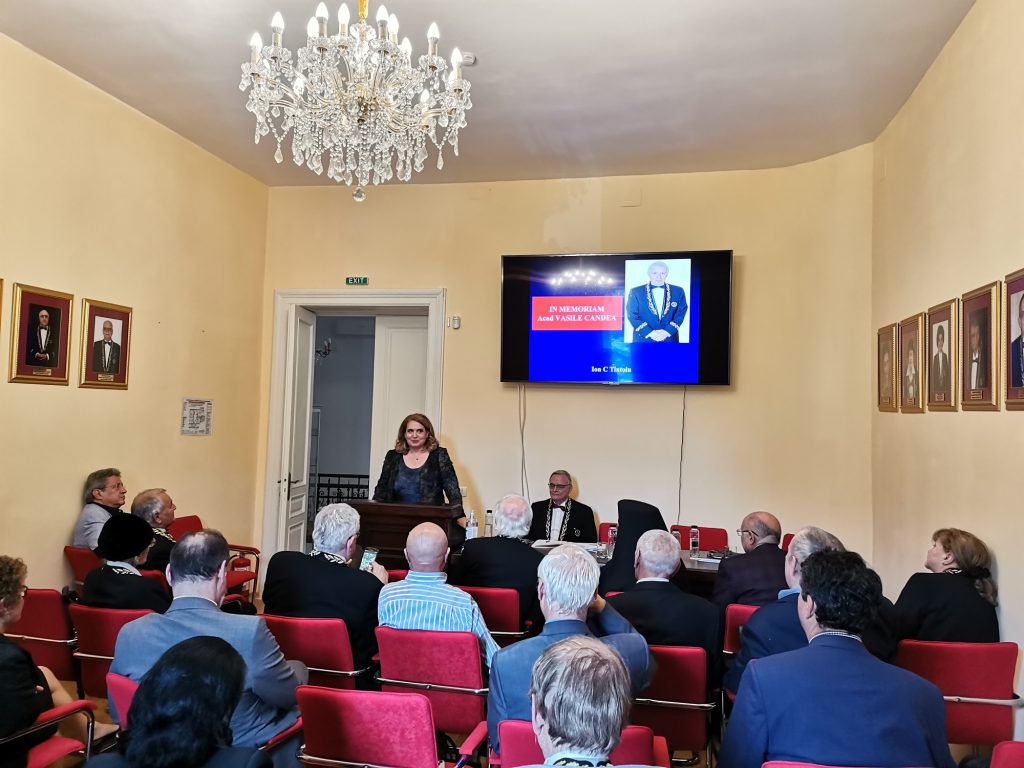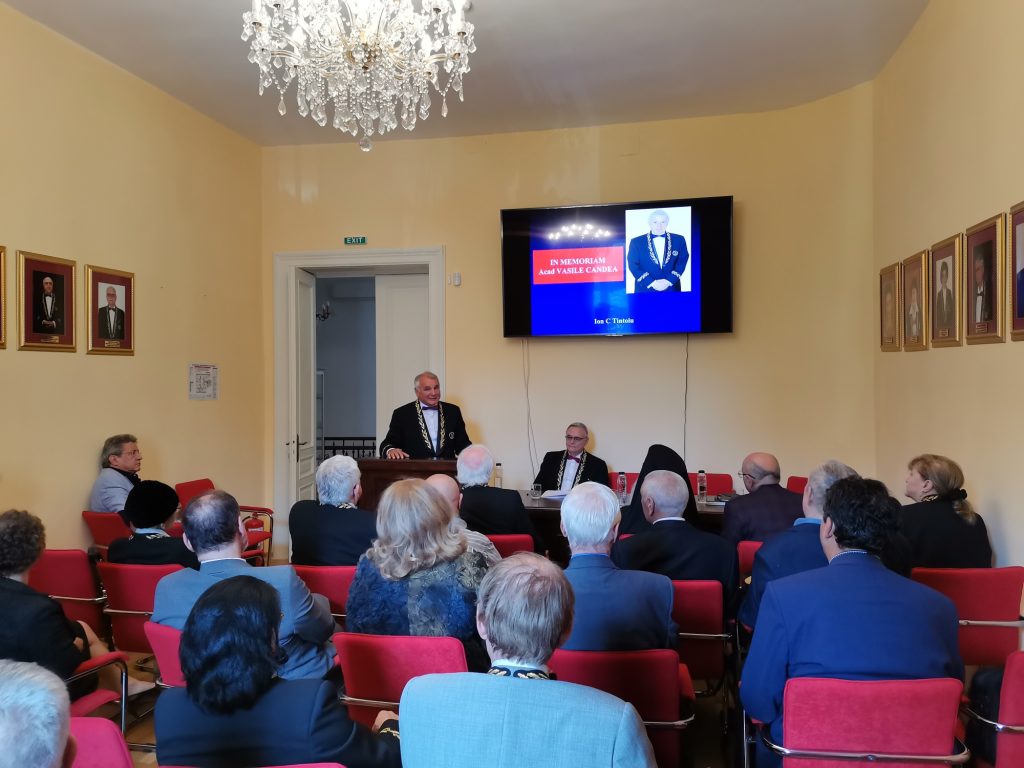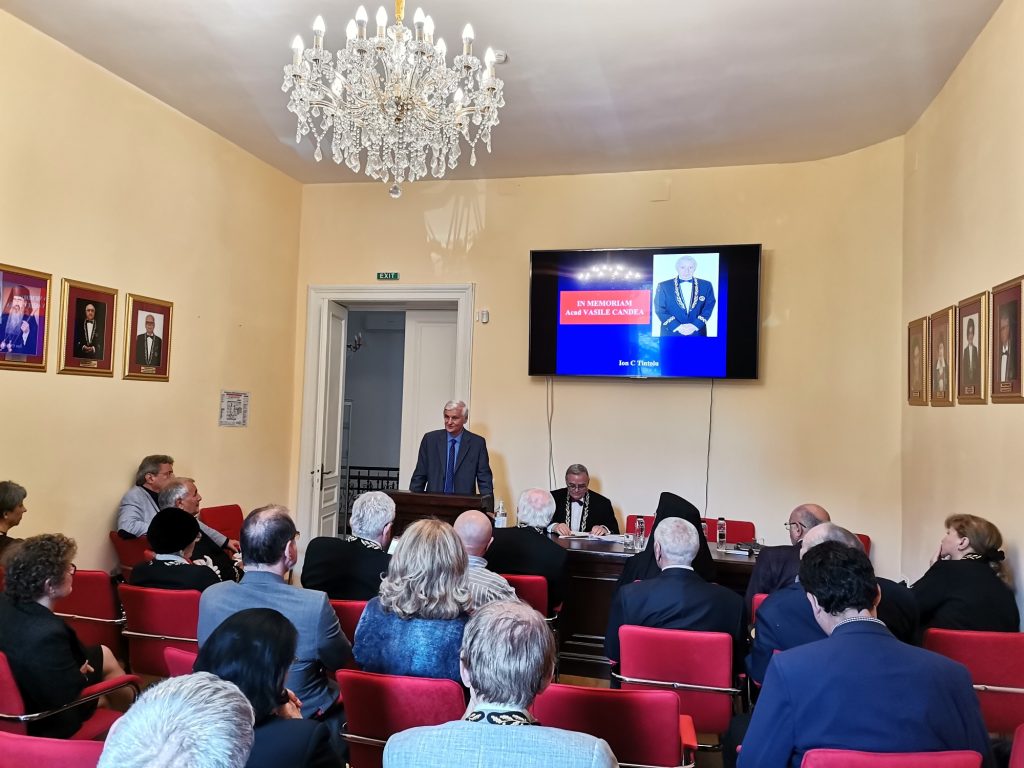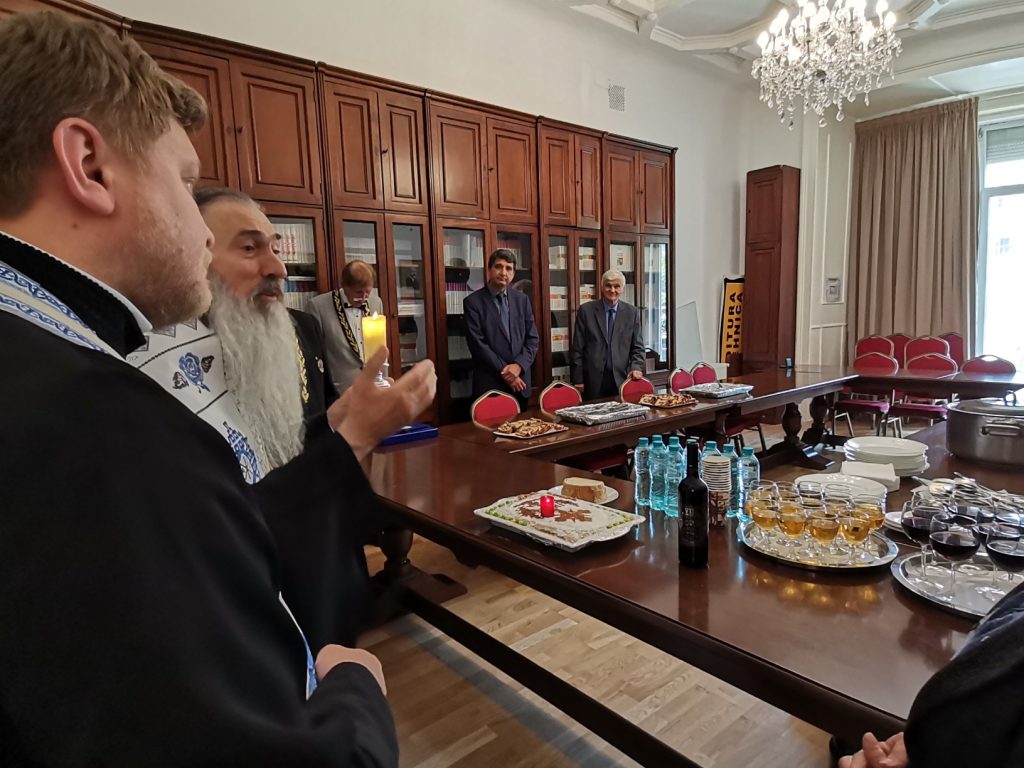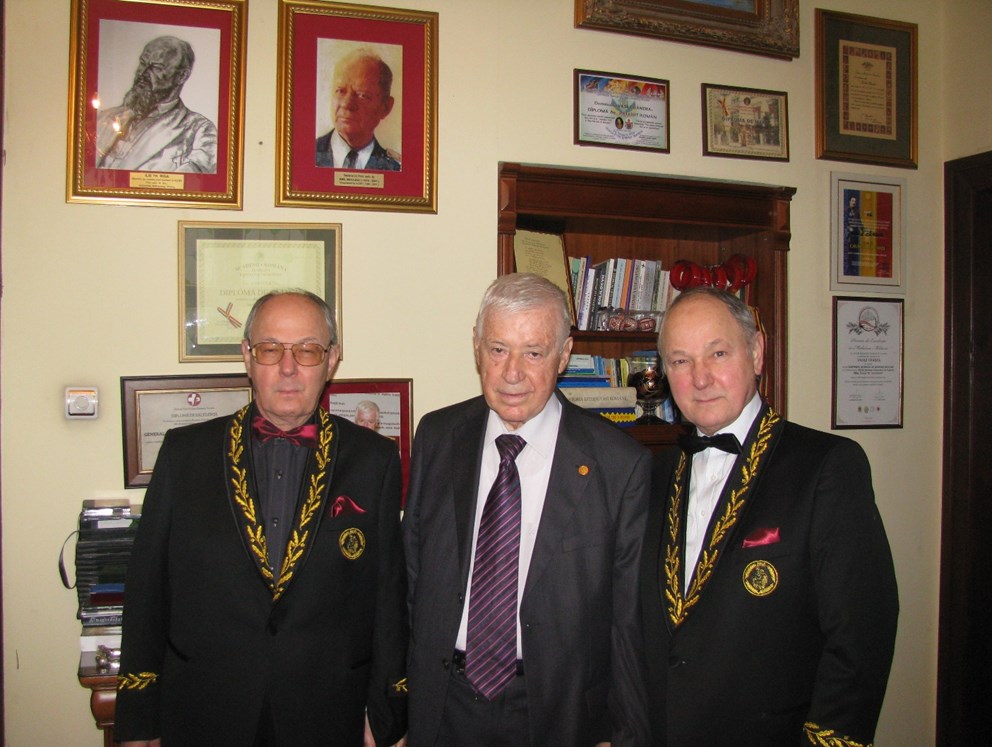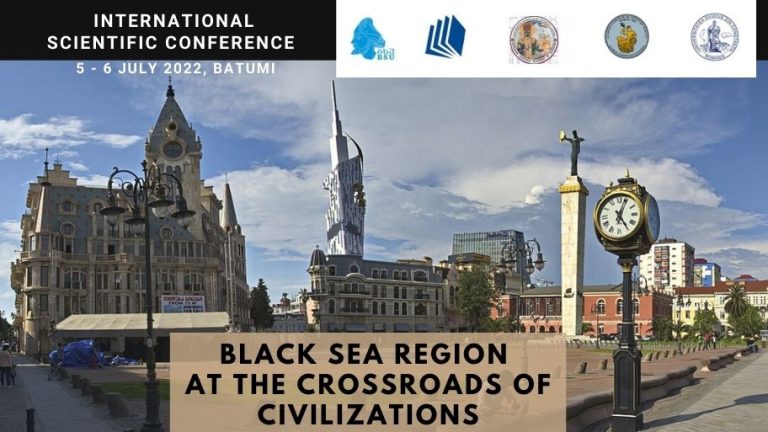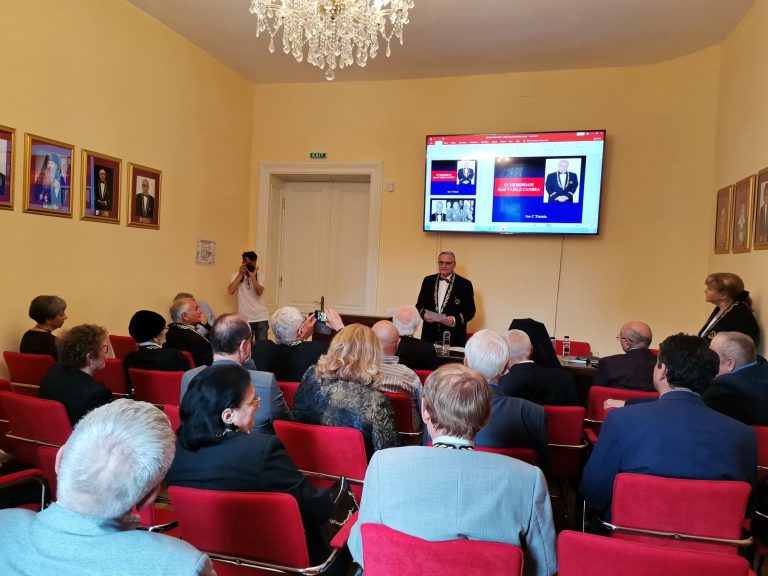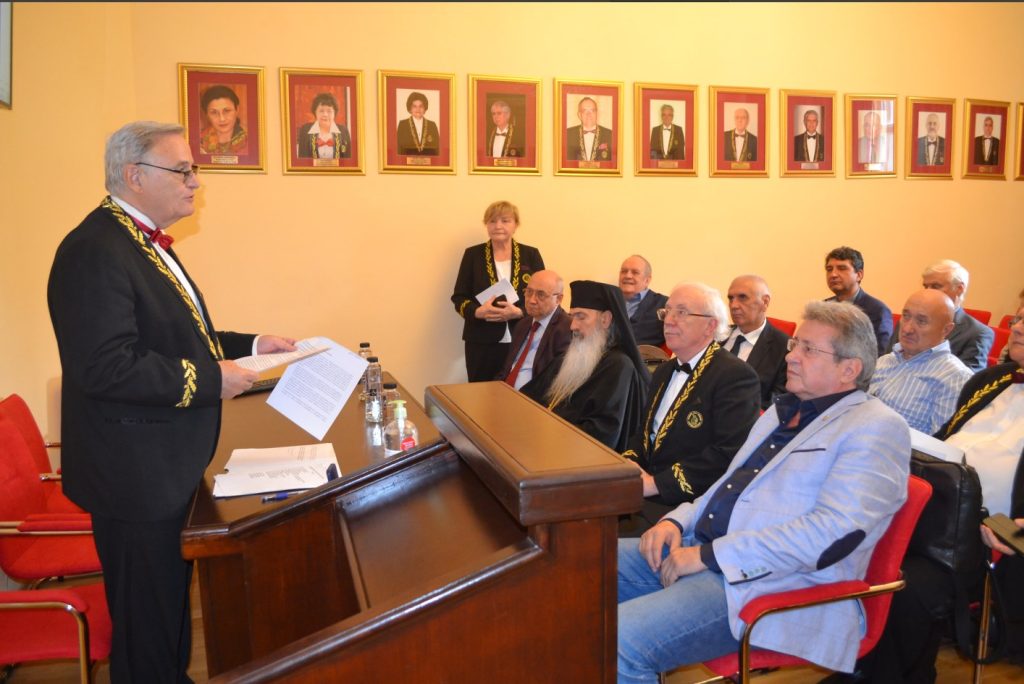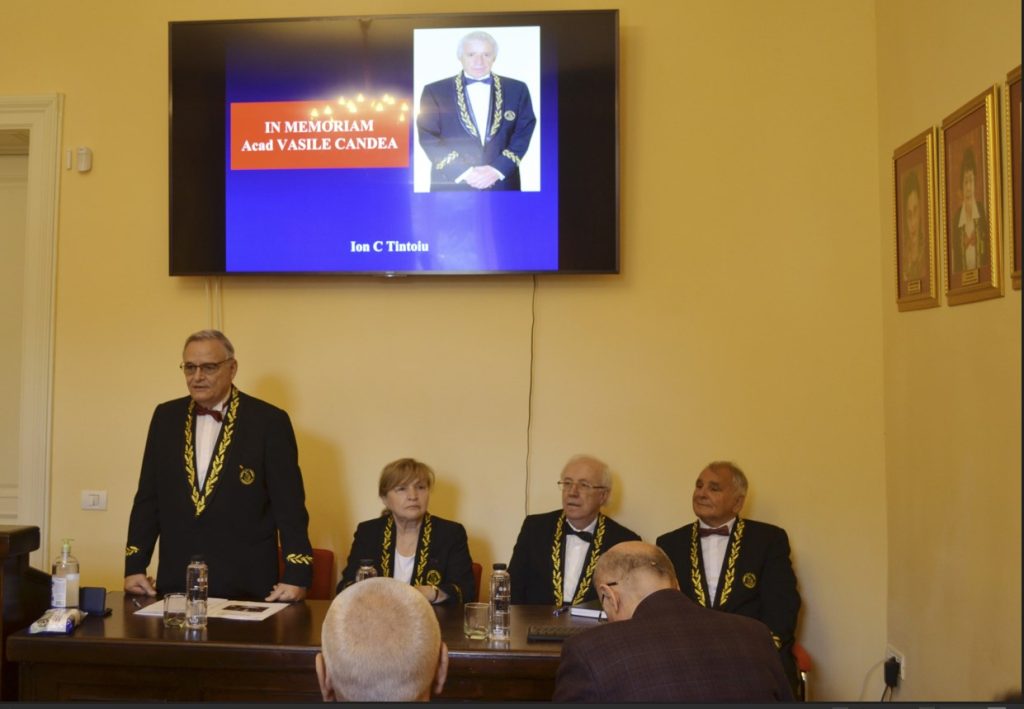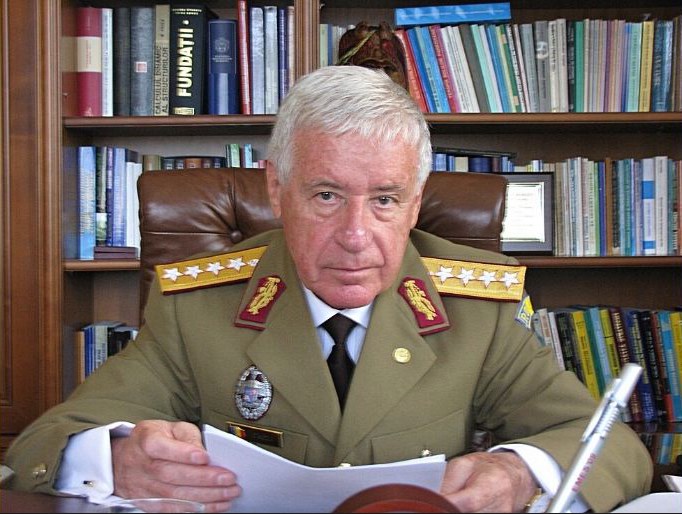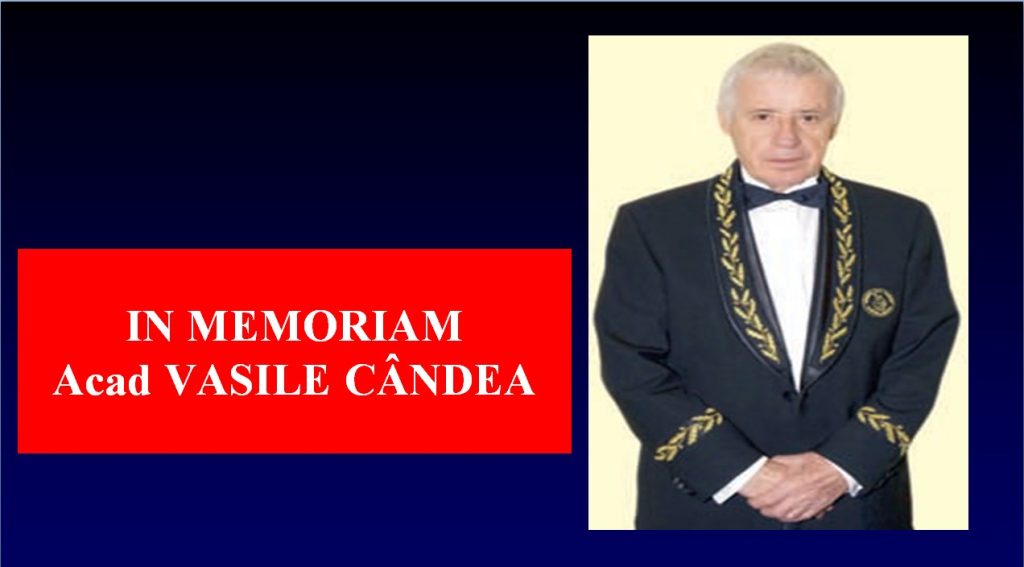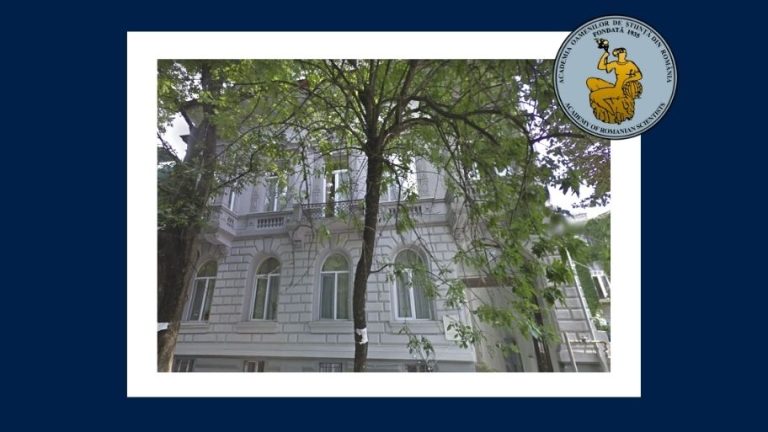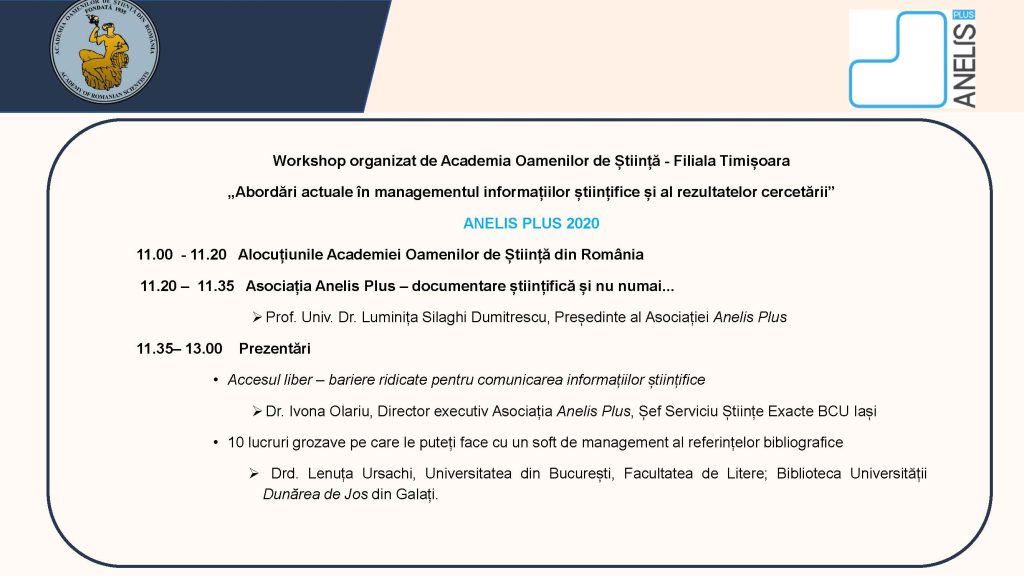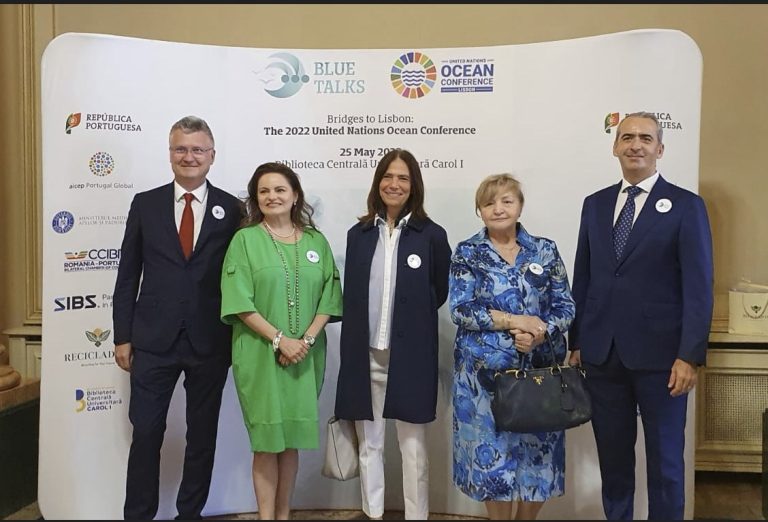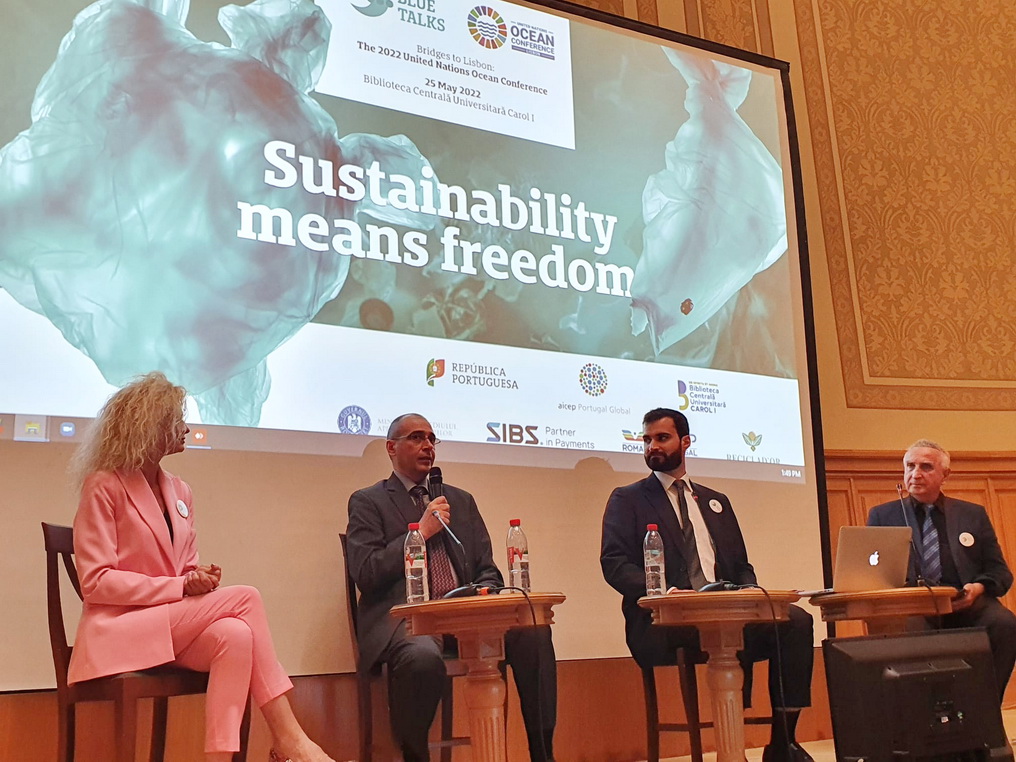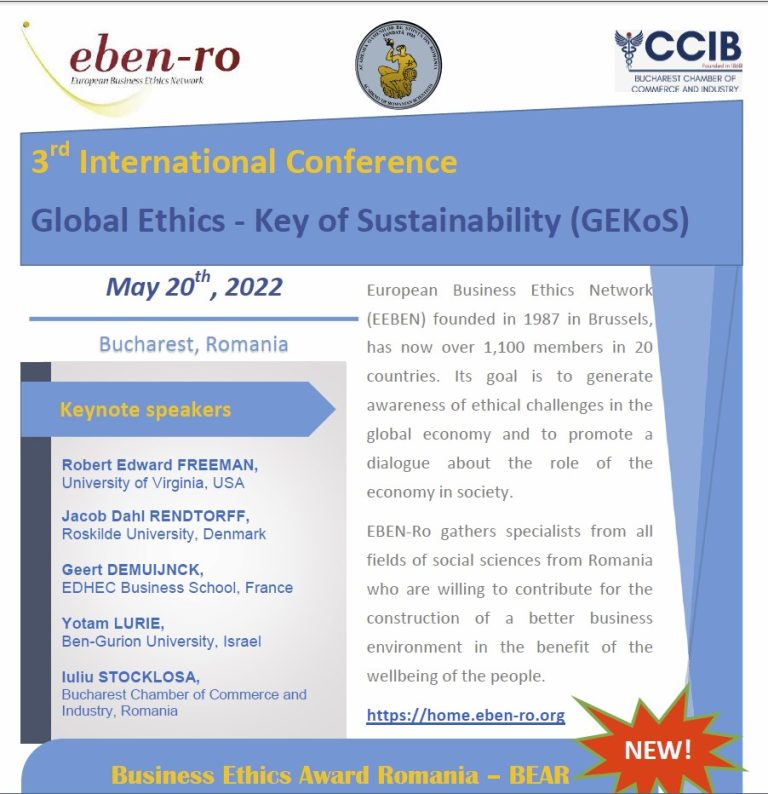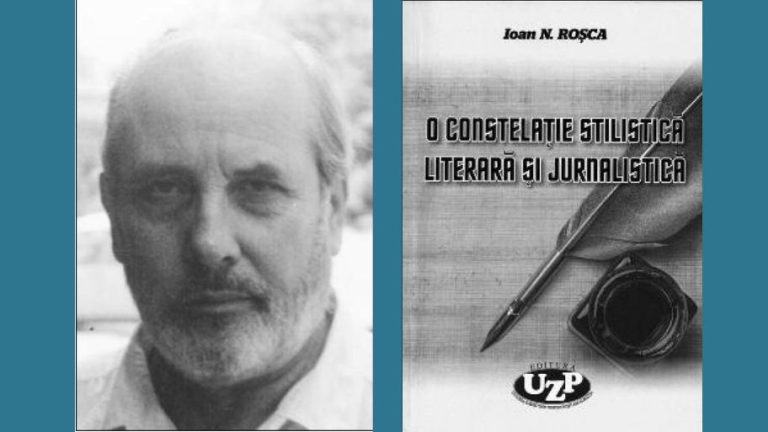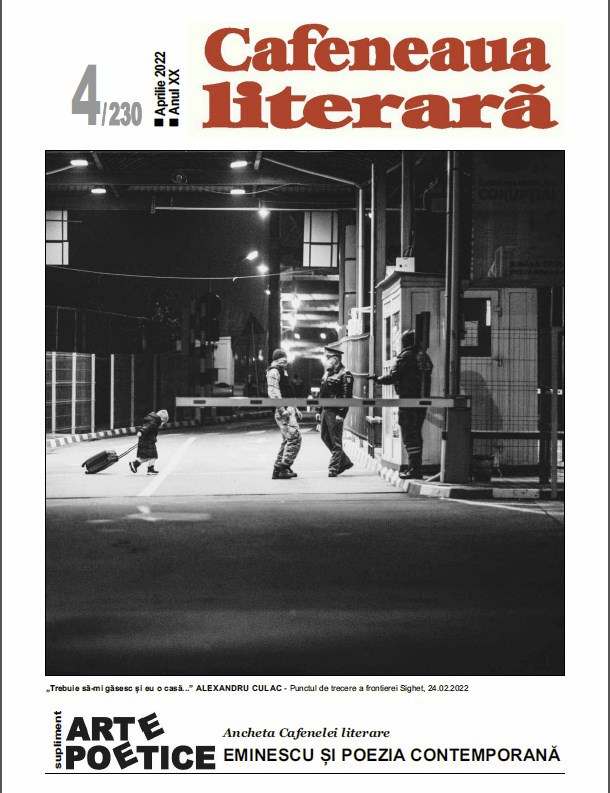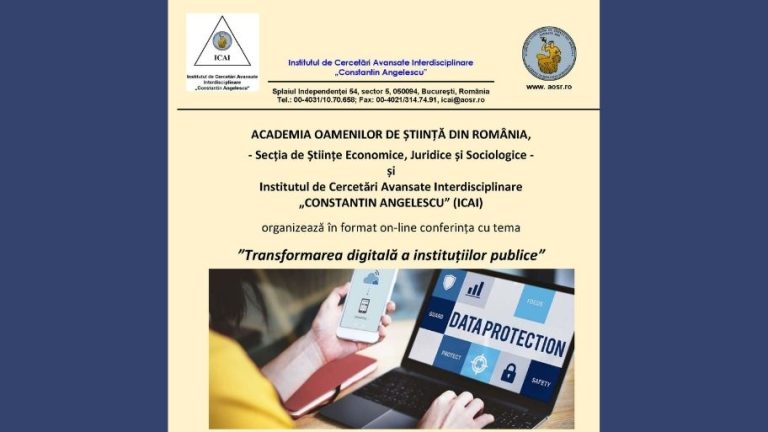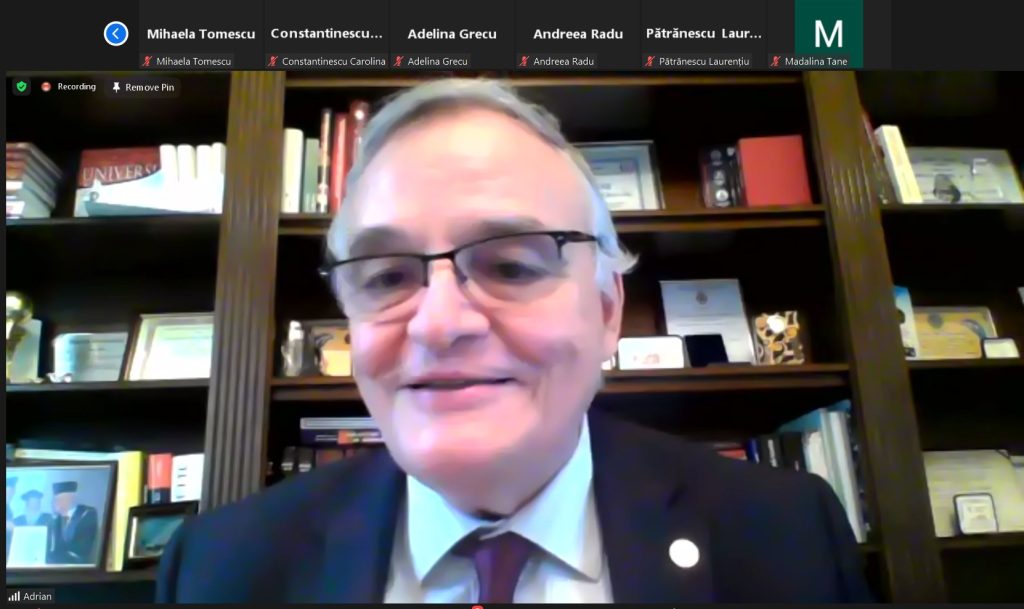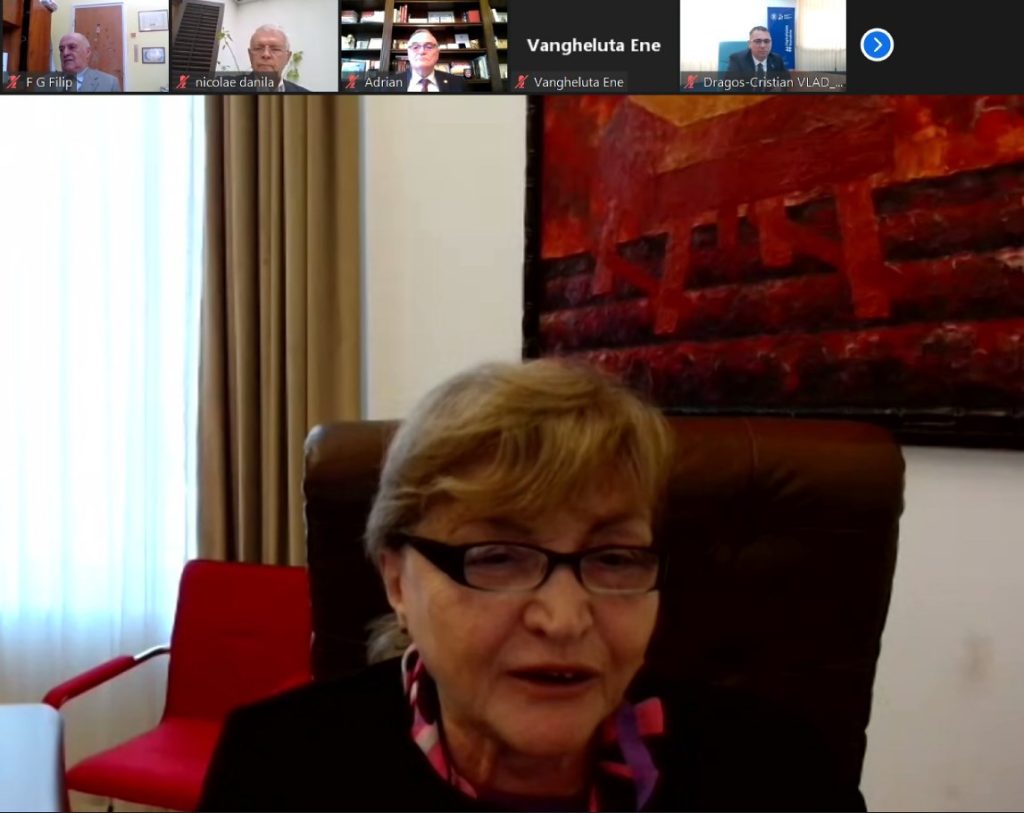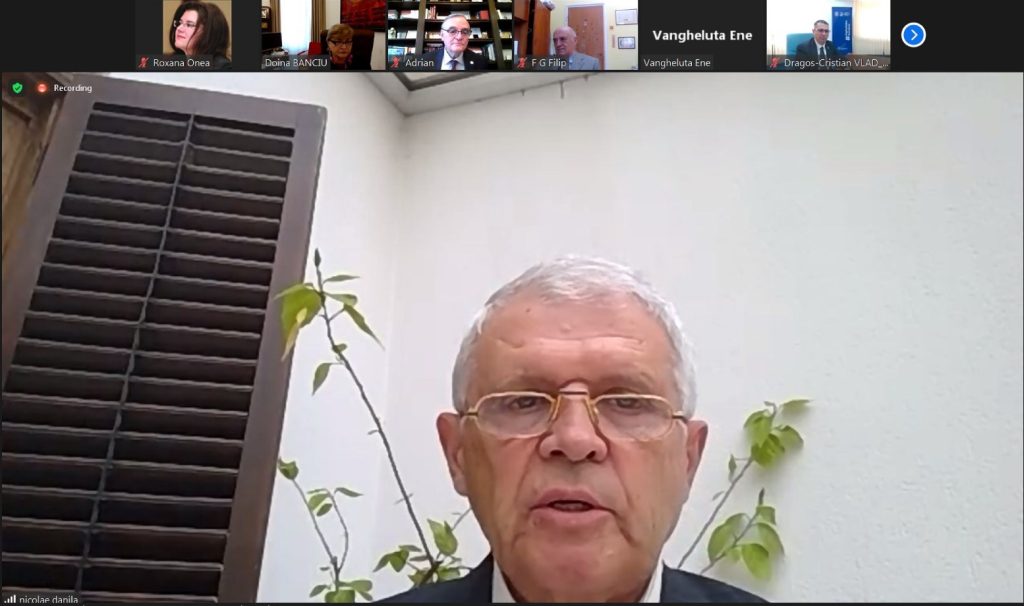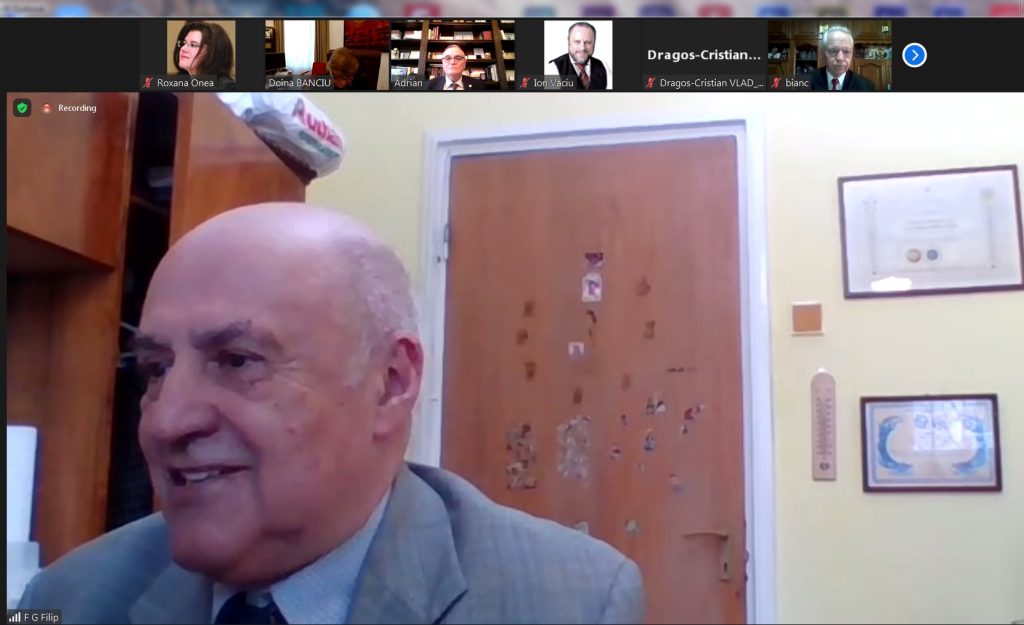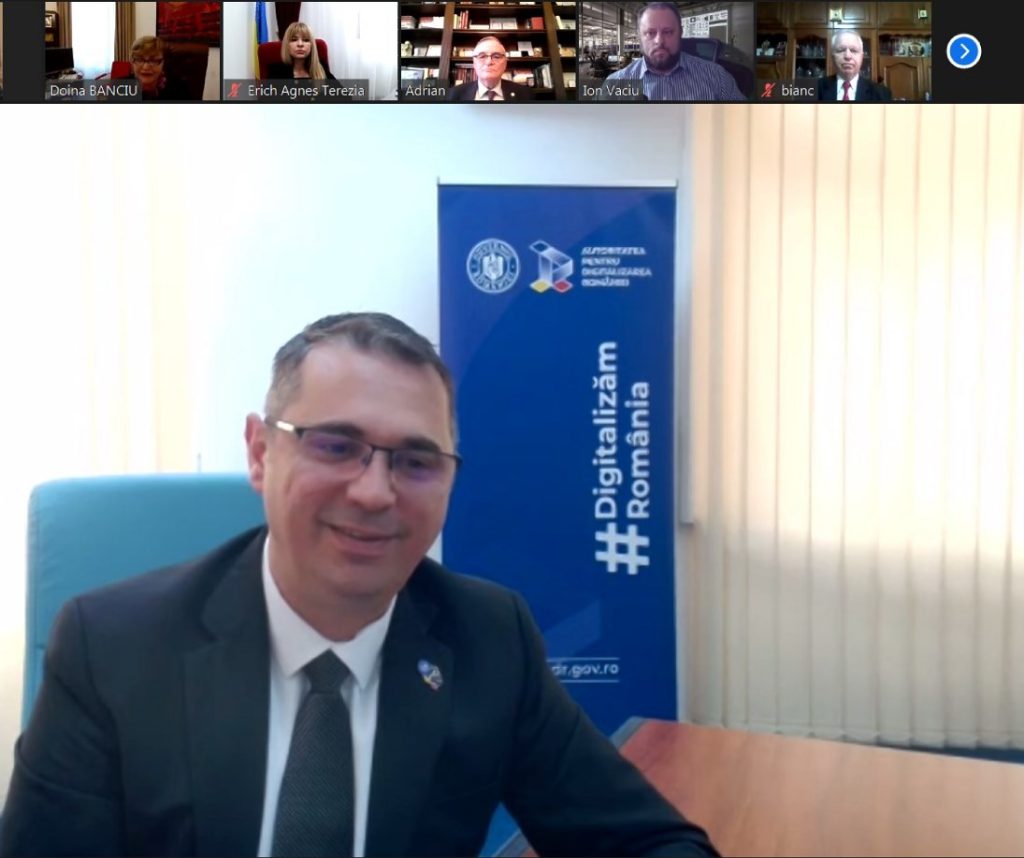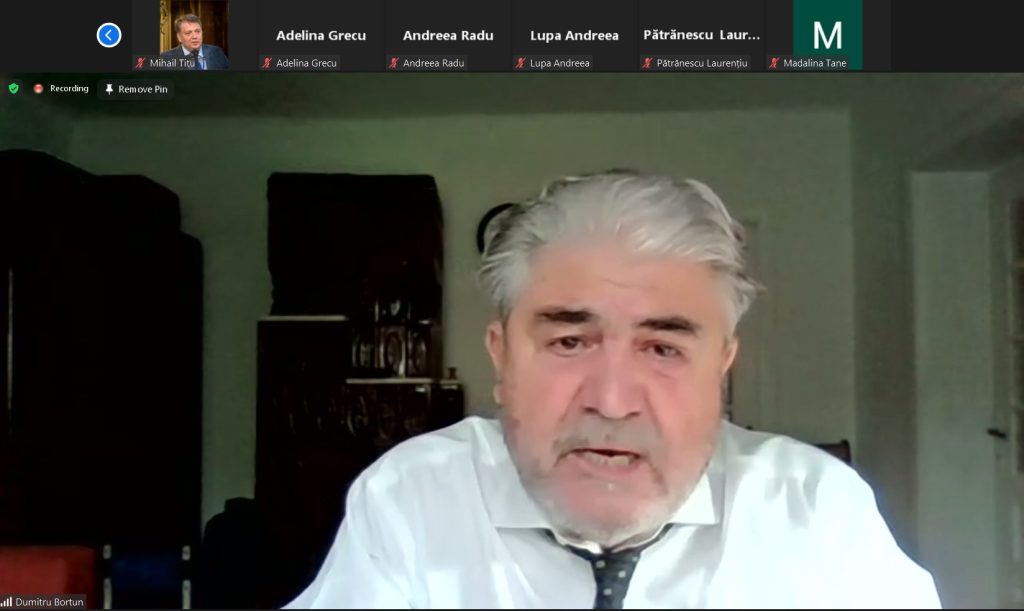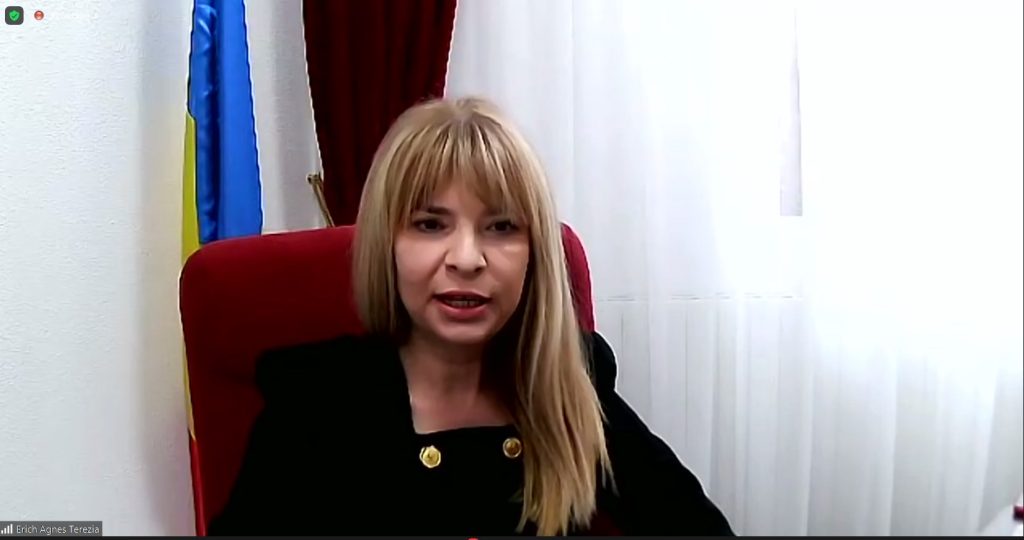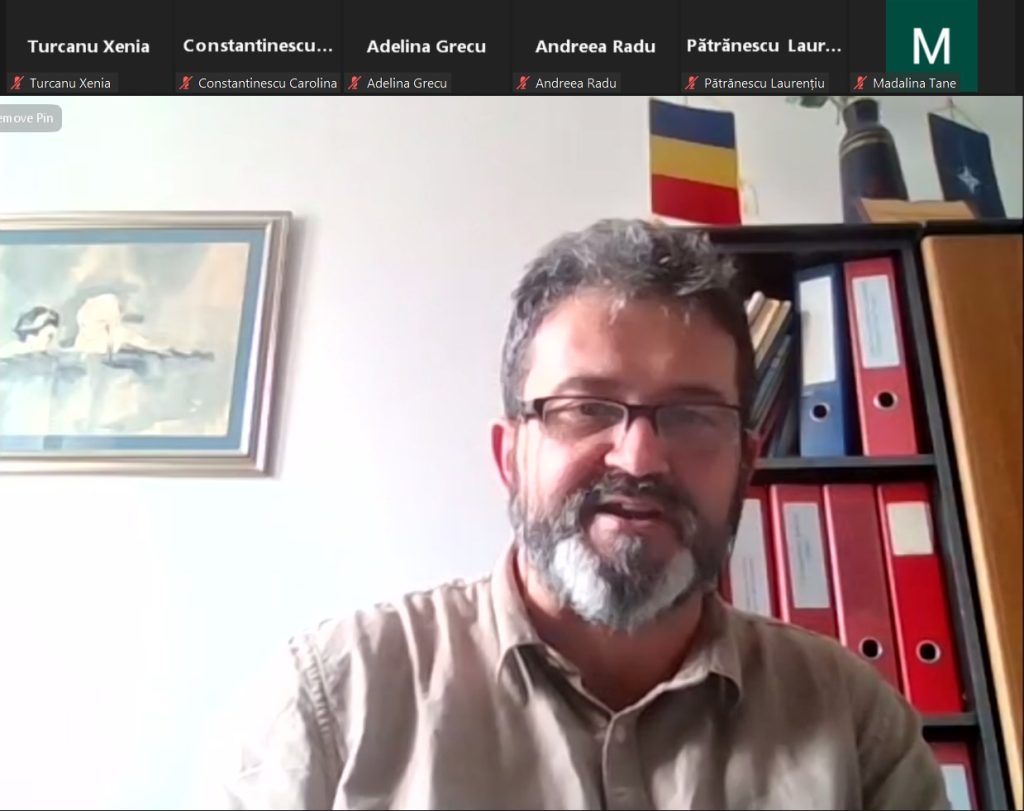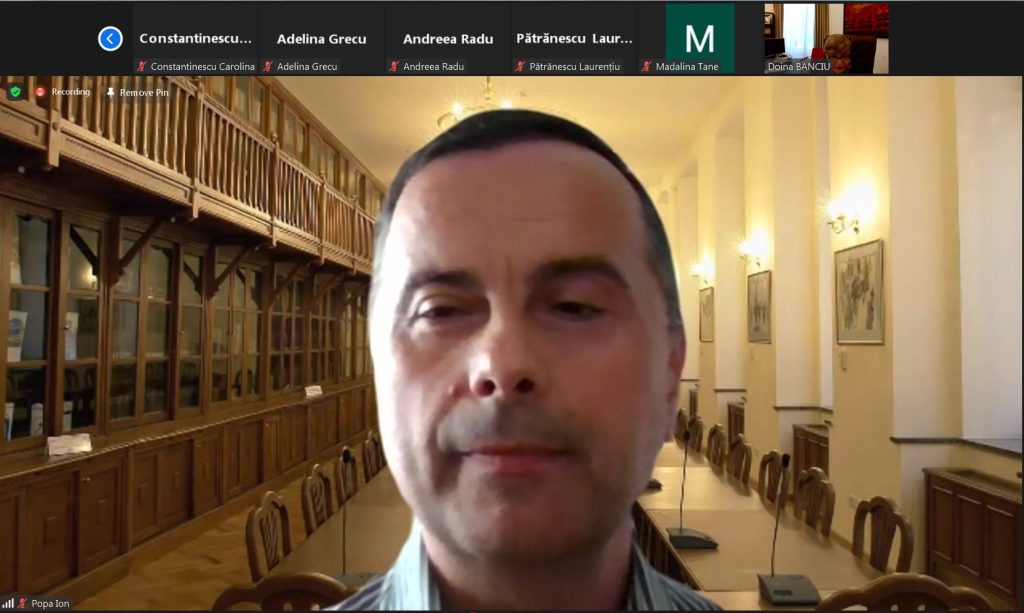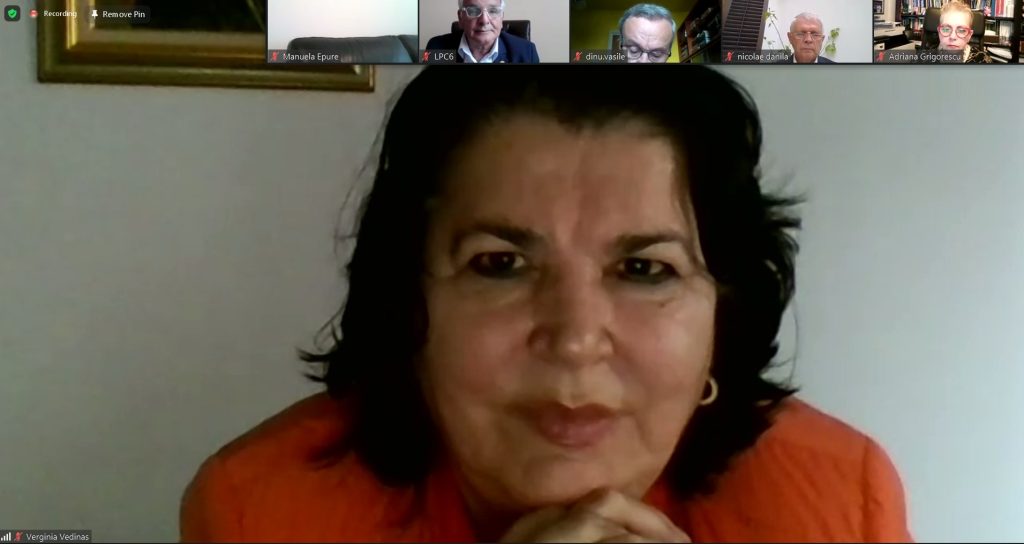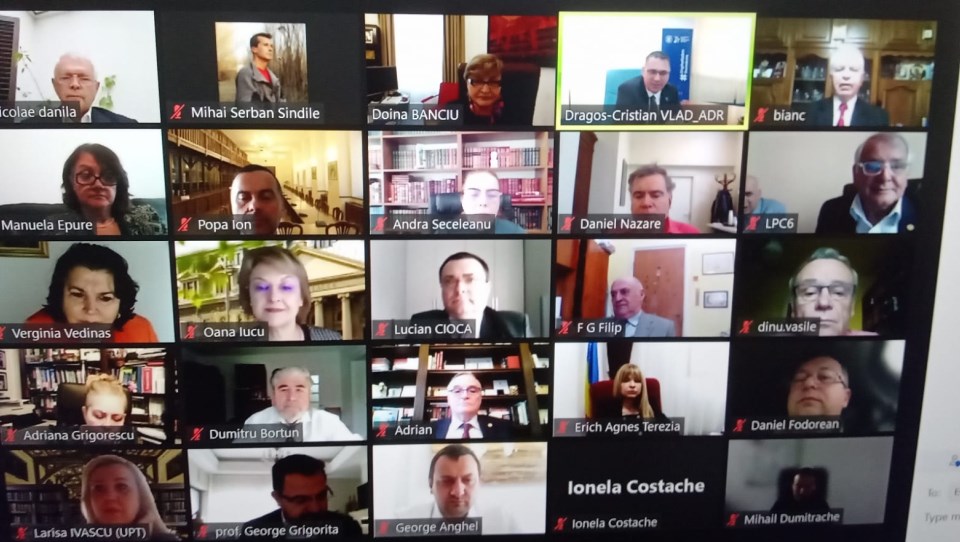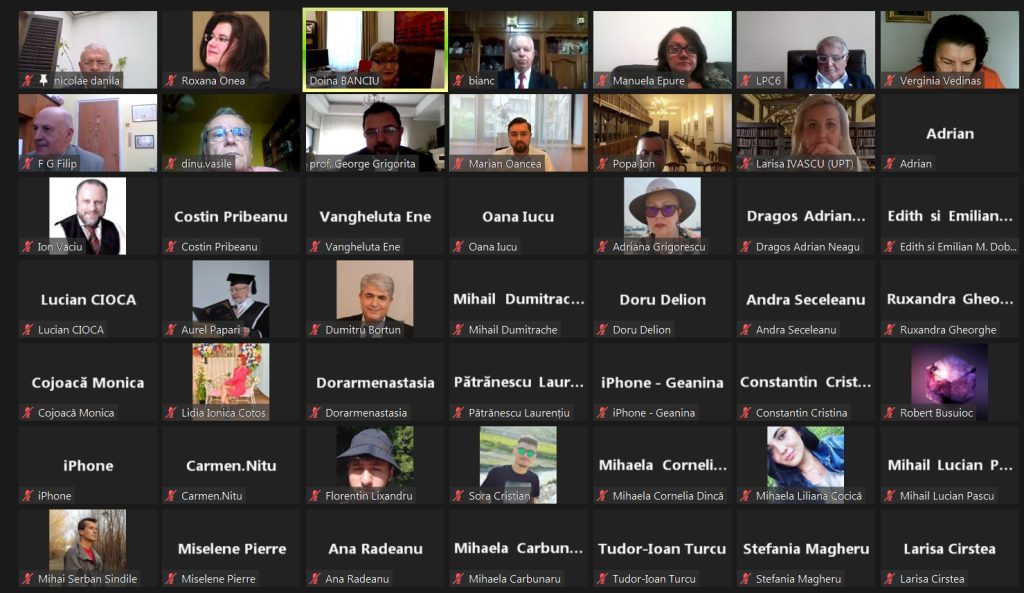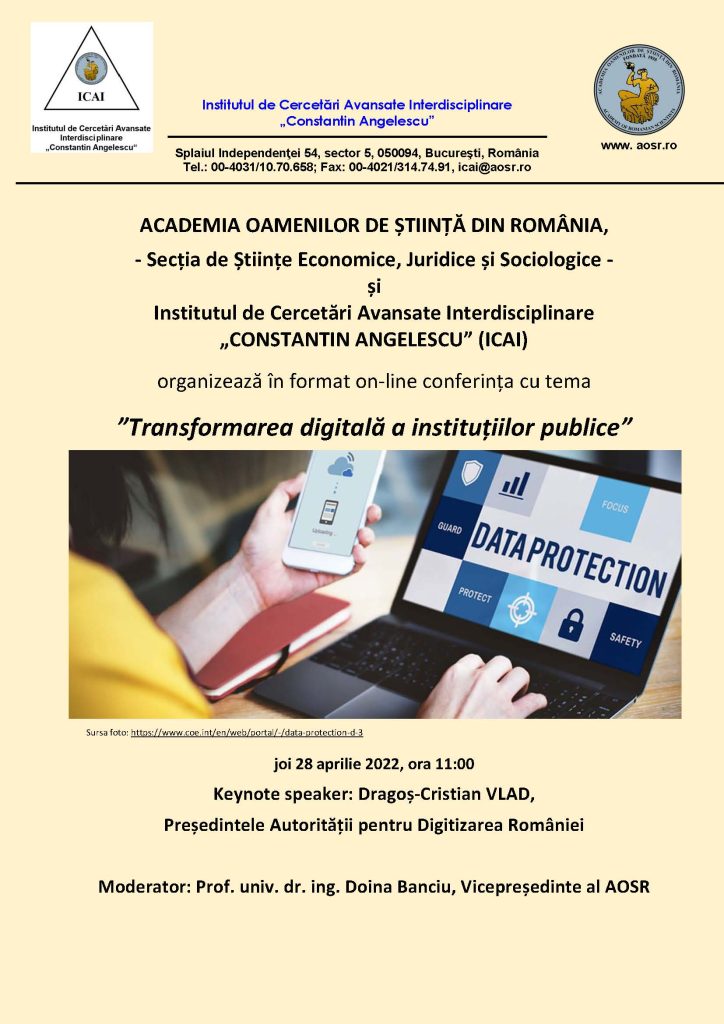Issues related to digitization – digitization – digital transformation have not appeared in this decade, they have been in the attention of the European Commission since the 2000s, when a series of action plans (“Action Plans”) were launched, such as eEurope, which EU and set out strategic directions for the implementation of the information society. This was followed by the eEurope + plan for the countries that were to join the European Union, respectively for Romania and Bulgaria. Other plans follow, including the 2010-2020, iEurope 2020, the Digital Agenda for Europe, which set out the strategic points that any national strategy must achieve so that a correct and coherent approach to society can be taken. informational. The directions proposed by the European Digital Agenda have been translated into digital strategies in each country and there was also in Romania such a strategy promoted at national level by the Ministry of Communications and Information Society at that time. The strategy was carried out with the participation of many public administration specialists, IT & C specialists and representatives of the Romanian Academy and the Academy of Romanian Scientists. Some strategic directions of the strategy have been put into practice, but most have not.
In March 2021, the President of the European Commission, Ursula von der Leyen, launched the new European strategy, which must, in fact, represent the journey in the field of information technology in Europe by 2030, so as to move from digitization-digitization to digital transformation. The main pillars of this strategy are skills (citizens’ skills), infrastructure (development of ICT infrastructure, mainly communications), attention to the business environment (mainly SMEs). It is expected that more than 80% of Europe’s citizens will have skills in the field of information technology, infrastructure will have extremely high connectivity, and more than 90% of SMEs will have at least basic skills and conditions for using information technology, and three-quarters of large companies to be able to use cloud services, so practically to operate based on cloud-type IT structures.
The last pillar, but not the least important, is e-government – the digital transformation of public institutions. In the light of this European strategy, the public administration needs to change both its concepts and procedures in order to be able to implement and move towards digital transformation by 2030.
These are the four pillars on which the national strategy should be based, adapted, of course, to the Romanian needs. Unfortunately, in international statistics such as DESI – Digital Economy and Society Index – we have lost the central places at the speed of the Internet and we are not placed at the forefront in the field of digitization. That is why I believe that “notions” must be transformed into real strategies, with real steps and with appropriate funding. If we are talking about skills, we should analyze what is actually happening in our society; we could say that there are several generations in terms of digital skills: an analog generation (+65 years old) little or not at all familiar with the computer, a digital generation (4–25 years old) already accustomed to electronic / digital communications and a generation which we all rely on for the development of society, namely the functional generation, which has gone through the stages of digitization – digitization and understands what digital transformation means.
Unfortunately, this generation does not include the whole society, so the “digital divide” or the “digital divide” exists in the Romanian society. Institutions such as libraries, schools, try to bring to a level at least comparable for all citizens the way to write, read or pay with the help of the computer. The digital divide between those who can, know and use new technologies and those who could, would know and use them, but did not have the conditions (either social, material or otherwise) to learn must be eliminated by joint actions of governments, public administration, non-governmental entities. Otherwise, the digital transformation, even if it were done, will remain isolated from the citizen. There is a European strategy to which we must align ourselves, as a European state; moreover, it is visible that the whole society is changing under the influence of new technologies, hence the notion of digital transformation.
The workforce is relocated, there have been “professional nomads”, who work for entities located on other continents and who have a different approach to the existence of the administration and the services it has to provide to citizens. For them, an online interface with administrative procedures must be ensured, not to mention that these professional nomads have countless institutional and personal contacts in the digital environment, which makes their approach to the authorities change, from offline to online. -line. The second important issue related to the labor force in the knowledge society is that the means of work are increasingly based on IT&C. There is talk of artificial intelligence, smart equipment, devices, etc., practically everything that means competitive has an IT&C component. The object of work for most of the digital workers becomes mainly informational content, no matter what activity they carry out. These transformations have emerged and are based on innovative elements, on continuous research, not only technical, but also in related fields, sociology, culture and especially, economics.
The digital transformation can mean a new social pact, in which research and innovation must have their place, which must be done not out of goodwill and passion. Passion must be just an engine, and the administration and private companies must support research and innovation for the benefit of society as a whole. Then I mention the extremely important role of teachers. Teachers and education in general for the 3 levels we have shown must be a permanent element present in the digital transformation of society. Education and pedagogical skills in conjunction with digital education must play an important role in the digital transformation. Otherwise we cannot discuss the achievement of the pillars of the European strategy.
If we are talking about SMEs, large and small companies, that accept the digital transformation, there must be managers with a managerial vision who can transform their procedures based on “knowledge management”, who understand that it is much easier, more convenient. and efficient to keep your information in a digital, cloud-like structure, whose security, safety, communication is handled by specialists other than those in the company you run. Whether we are talking about private companies or public administration, staff need to be motivated and accountable in a way that is not only financial but also well-constructed, well-designed and consistent.
I believe that the authorities need to create the legal and institutional framework to support the digital transformation, to take into account the vulnerabilities of “cybersecurity” and the manipulation of information. I think that this complex research – education – managerial visions – motivated staff – legislation actually means a new social pact, a new systemic approach to the whole society.


